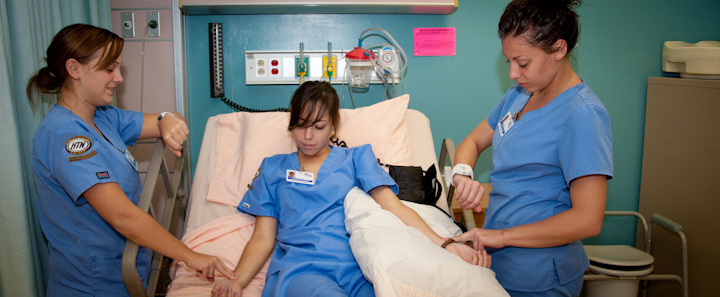According to the recent evidenced-based research results, there is really a strong and powerful relationship between having a good communication in healthcare team and patient’s satisfaction, safety and fast recovery. An expert says that “no matter how knowledgeable a clinician might be, if he or she is not able to open good communication with the patient, he or she may be of no help.” It simply means that when doctors, nurses and other member of the healthcare team can listen and provide better explanation to patients, they can prevent unwanted emergency situations such as emergency coding, wrong medication and severe health complication to patients. Furthermore, good communication among the healthcare team promotes smooth and positive working connection.
Since there are lot of cases reported about miscommunications among nurses, doctors and other team members, most hospital owners require them to have team buildings and seminars related to importance of good communication to minimize chaos and complain from patients about dissatisfaction, malpractice and ineffective healthcare team communication. Also, they are being reminded that even if they are performing well, they still need to learn more and improve their communication skills.
According to studies, patients suffer the most when the medical and healthcare team fails to communicate well. If all members of the healthcare team have good communication, they can achieve positive patient outcome and prevent situations such as:
- Malpractice and other human errors
- Sudden death of a patient
- Severe complication of patient’s disease
- Chaos within the healthcare team
Listening is still part of communication. The healthcare team must listen well to the primary complains of their patient in order to provide better diagnosis and care to them. Once they have all the important information, they should collaborate with each other to deliver the best medical care to the patient.
